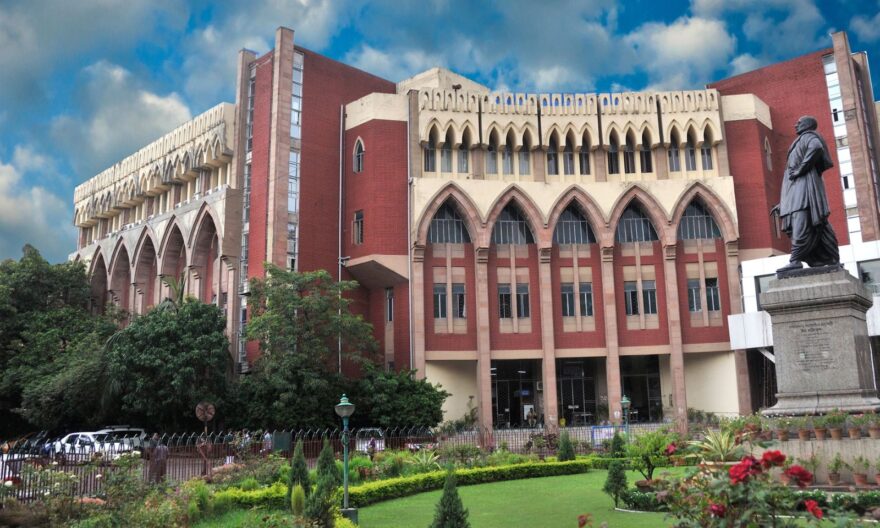
The Calcutta High Court has sought the State’s response to petitions challenging the West Bengal University Laws (Amendment) Ordinance, 2023 in the case of Anupam Bera v. Union of India and ors.; Ali Akbar Akbar Sekh v. State of West Bengal and ors.
Petitioners have approached the Court, alleging that the State government is unlawfully attempting to exert control over the search-cum-selection committees responsible for recommending vice-chancellors for State universities.
Chief Justice TS Sivagnanam and Justice Ajay Kumar Gupta highlighted the key issues to be addressed: whether nominees of the Chief Minister and the State Higher Education Council should be included, whether such inclusion violates the Constitution, and whether it leads to governmental domination in the vice-chancellor selection process.
The Court refused to stay the ordinance, stating that no committees have been formed under it yet. However, the petitioners have the liberty to seek interim relief if any committee is constituted while the matter is pending.
Notice has been accepted on behalf of the State government, Union government, and University Grants Commission (UGC).
The next hearing is scheduled for July 31.
Two public interest litigation (PIL) petitions challenging the ordinance were under consideration by the Court.
Previously, the search committees for State universities consisted of a 3-member committee comprising one State nominee, one nominee of the Governor, and one academician not below the rank of professor.
However, the 2023 ordinance proposes a 5-member committee, with the addition of two more State nominees, namely, the Chief Minister and the chairman of the West Bengal State Council of Higher Education.
The petitioners argue that the ordinance introduces an excessive number of State government nominees to the committee, which contradicts Supreme Court rulings calling for minimal government interference in the appointment of teaching staff in educational institutions.
They also refer to Supreme Court judgments emphasizing the adoption of UGC resolutions to amend State laws and reduce arbitrariness, nepotism, and favoritism in the appointment of vice-chancellors.
Additionally, they highlight the Constitution bench ruling in TMA Pai Foundation v. State of Karnataka (2002), which emphasizes the need to resist governmental domination in educational institutions and differentiate between “State-aid” and “State-control” over academic policies and practices.
Concerns are raised that loading the search committees with State government nominees undermines the powers of the University’s Chancellor (the Governor), who is responsible for appointing vice-chancellors according to UGC regulations.
The Additional Solicitor General representing the Central government argues that the ordinance should have been presented to the President for approval, as it falls under the concurrent list of Schedule VII of the Constitution.




